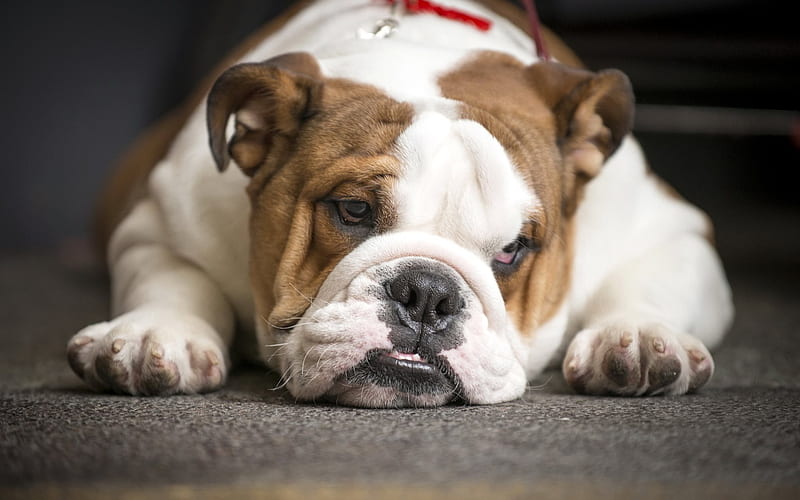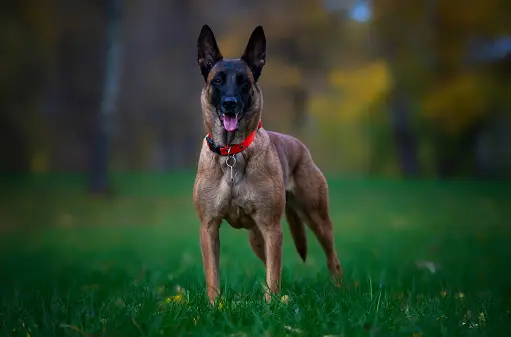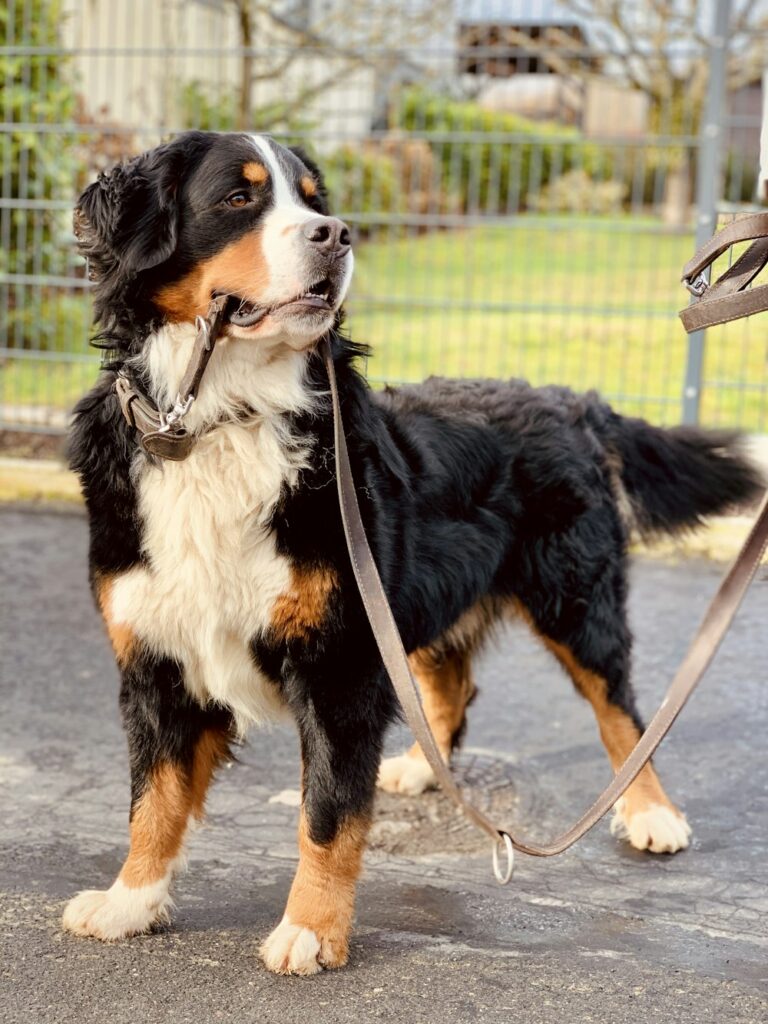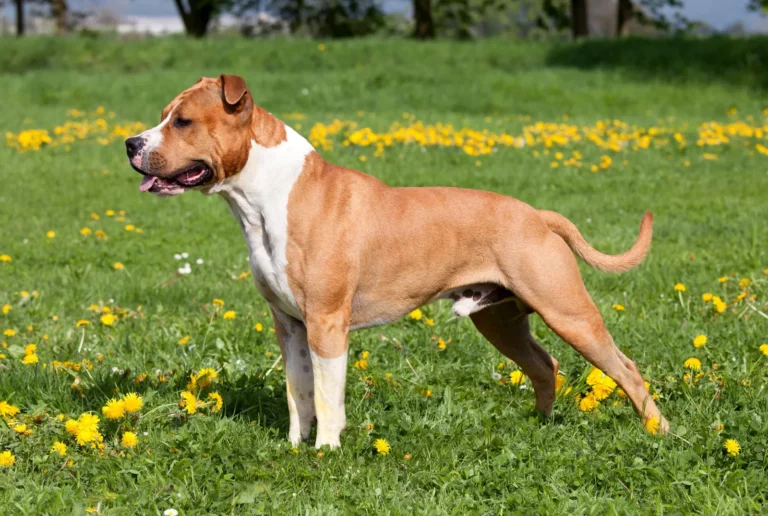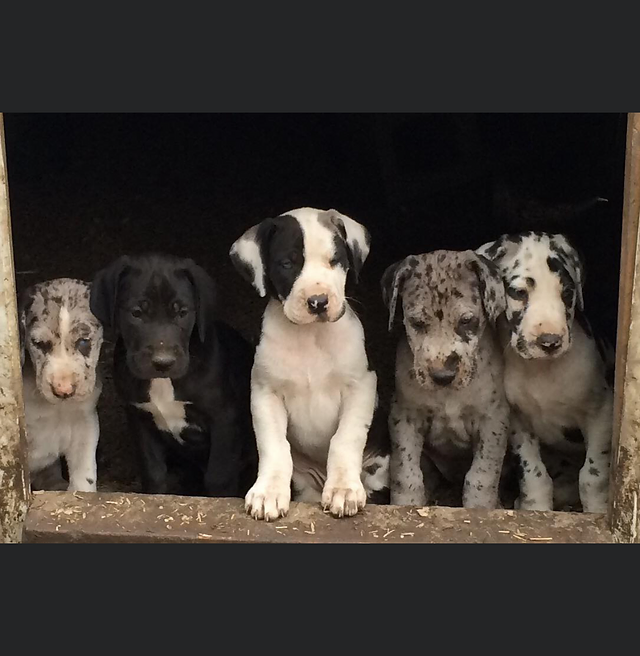Curious minds often ponder the lifespan of our beloved canine companions, and for Bulldog enthusiasts, the question persists: How Long Does a Bull Dog Live? Bulldogs, recognized for their unique physical characteristics and gentle demeanor, captivate the hearts of many as cherished family members. Delving into the intricacies of a Bulldog’s lifespan involves a comprehensive exploration of factors ranging from genetics to lifestyle choices. In this article, we aim to unravel the mystery surrounding the average lifespan of Bulldogs, shedding light on essential elements that impact their longevity. Join us on this informative journey as we navigate the nuances of Bulldog longevity, empowering you to make informed decisions for the well-being of your furry friend.
Factors Affecting Bull Dog Lifespan
Genetics
Bull dogs, like all breeds, are prone to certain genetic health issues that can affect their lifespan. It is important to choose a reputable breeder who screens for common health problems in the breed to ensure a healthier and longer life for your bull dog.
Nutrition
Proper nutrition is essential for the overall health and longevity of a bull dog. A diet that is balanced and tailored to their specific needs can help prevent obesity, which is a common issue in this breed. Be sure to feed your bull dog high-quality food and avoid overfeeding to help them live a longer, healthier life.
Exercise
Regular exercise is important for maintaining the health and vitality of a bull dog. While they may not require as much exercise as some other breeds, it is still important to provide them with daily walks and playtime to keep them in good shape. Regular exercise can help prevent obesity and other health issues, ultimately leading to a longer lifespan for your bull dog.
Common Health Issues in Bull Dogs
Brachycephalic Syndrome
Brachycephalic syndrome is a common health issue in bull dogs due to their unique facial structure. This syndrome can cause breathing difficulties, especially in hot weather or during exercise. Symptoms include snoring, difficulty breathing, and excessive panting. It is important to keep bull dogs cool and avoid strenuous exercise to prevent exacerbating this condition.
Hip Dysplasia
Hip dysplasia is another health issue that can affect bull dogs. This condition occurs when the hip joint does not develop properly, leading to pain and difficulty moving. Symptoms include limping, reluctance to exercise, and difficulty standing up. Regular exercise and maintaining a healthy weight can help prevent hip dysplasia in bull dogs.
Skin Problems
Bull dogs are prone to skin problems, such as allergies, rashes, and infections. These issues can be caused by environmental factors, food allergies, or genetics. Symptoms may include itching, redness, and hair loss. It is important to keep bull dogs clean, groomed, and provide a balanced diet to prevent skin problems. Consulting with a veterinarian can help determine the best treatment options for skin issues in bull dogs.
Tips for Increasing Bull Dog’s Lifespan
Regular Vet Check-ups
Regular vet check-ups are essential in ensuring your bull dog’s overall health and well-being. By visiting the vet regularly, any potential health issues can be caught early and treated promptly. This can help increase your bull dog’s lifespan and quality of life.
Balanced Diet
A balanced diet is crucial for your bull dog’s longevity. Make sure to feed your bull dog high-quality, nutritious food that is appropriate for their age, size, and activity level. Avoid feeding them table scraps or unhealthy treats, as this can lead to obesity and other health problems. Consult with your vet to create a diet plan that meets your bull dog’s specific needs.
Regular Exercise
Regular exercise is key to keeping your bull dog healthy and happy. Make sure to provide them with plenty of opportunities for physical activity, such as daily walks, playtime, and interactive toys. Exercise not only helps maintain your bull dog’s weight, but also strengthens their muscles and keeps them mentally stimulated. Aim for at least 30 minutes of exercise per day to help increase your bull dog’s lifespan.
The lifespan of a Bull Dog can vary depending on various factors such as genetics, diet, exercise, and overall health care. While the average lifespan is around 8-12 years, providing proper care and attention can help extend their life expectancy. By following the health tips mentioned in this article, Bull Dog owners can ensure that their beloved pets live a long and healthy life. Remember, regular vet check-ups, a balanced diet, and plenty of exercise are key to ensuring your Bull Dog’s well-being. So, cherish every moment with your furry companion and give them the love and care they deserve.

